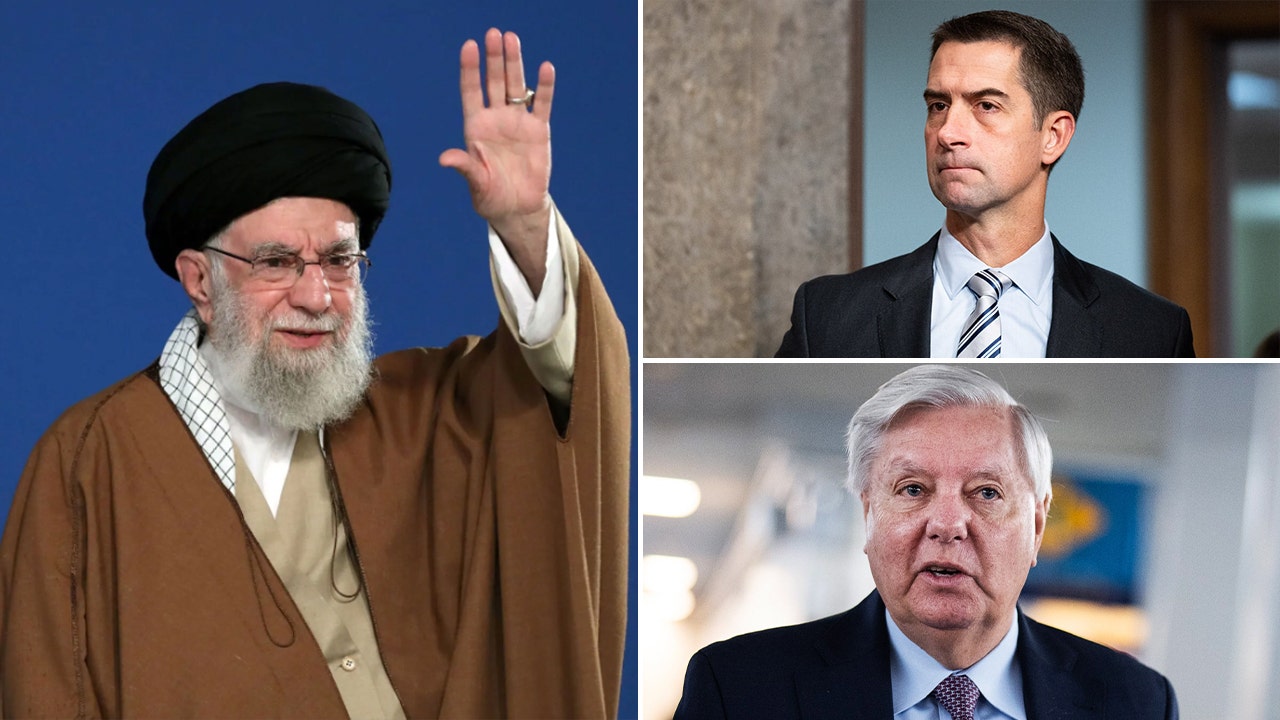Cotton, Graham lay out demands for any future Iran nuclear deal

Two hawkish, Trump-supporting Senate Republicans are calling for any long-lasting Iran nuclear deal to be approved by Congress, ideally through a two-thirds majority treaty vote. Senators Tom Cotton and Lindsey Graham believe that bringing the deal to the Senate for approval as a treaty would ensure its durability and longevity.
Cotton emphasized the importance of Senate involvement in approving such a significant international agreement, citing President Obama’s deal with Iran as an example of a weak agreement that was easily reversed by President Trump. The senators argue that any future deal with Iran must include the dismantling of Iran’s nuclear and missile programs, as well as an end to support for terrorist groups in the Middle East.
In 2015, Cotton led a letter signed by Senate Republicans to Iranian leaders warning that any nuclear agreement not approved by Congress could be undone by a future administration. Graham echoed the need for congressional oversight, pointing to the Iran Nuclear Agreement Review Act (INARA) as a key mechanism for ensuring lawmakers have a say in any deal reached with Tehran.
Both senators highlighted the importance of strict safeguards, similar to the 123 agreements governing U.S. civil nuclear cooperation, to prevent the development of nuclear weapons. They introduced a resolution outlining the terms of an acceptable Iran deal, including the total cessation of uranium enrichment.
The International Atomic Energy Agency (IAEA) has reported that Iran has enough highly enriched uranium to potentially build nuclear weapons, though U.S. intelligence suggests that Iran has not yet made a decision to weaponize. With escalating threats from both U.S. and Israeli officials, President Trump has made it clear that military action is on the table if negotiations fail to address Iran’s nuclear program.
Graham warned that time is of the essence, stating that Iran only has “weeks” to agree to a deal before the potential for a breakout looms large. He emphasized the need for swift action, indicating that Israel’s desire for resolution on the issue adds urgency to the situation.
In conclusion, the push by these Senate Republicans for congressional approval of any Iran nuclear deal underscores the importance of legislative oversight and bipartisan support for international agreements with significant implications for national security. The integration of these key points into a WordPress platform would provide a comprehensive overview of the current debate surrounding U.S.-Iran relations and the future of nuclear diplomacy.




